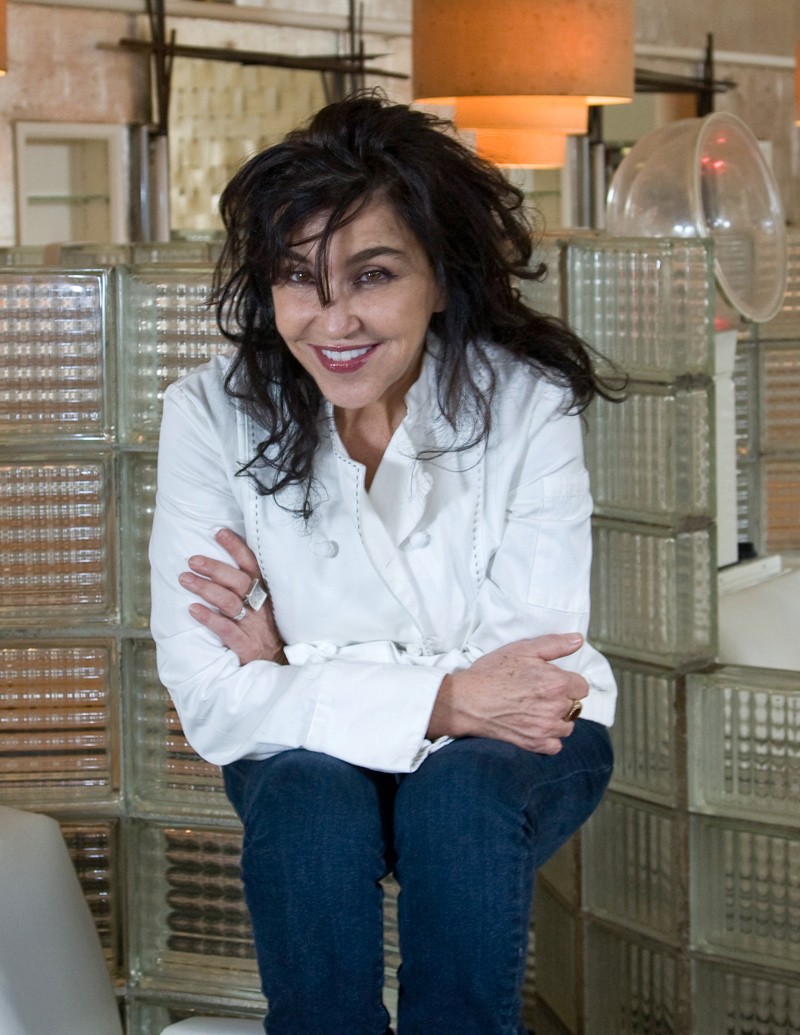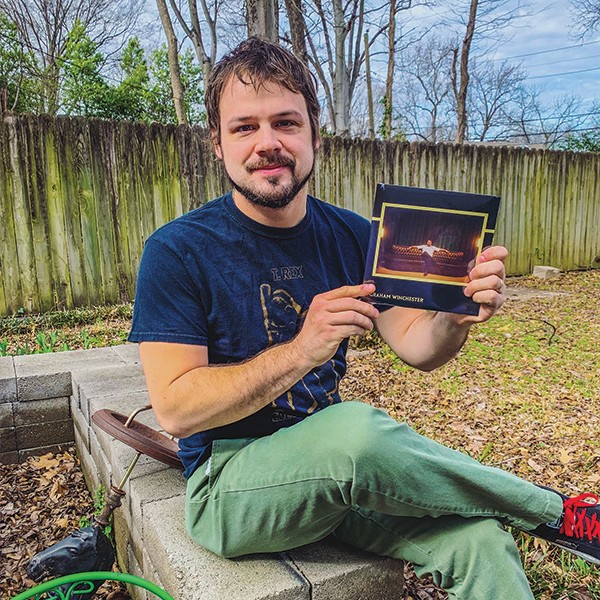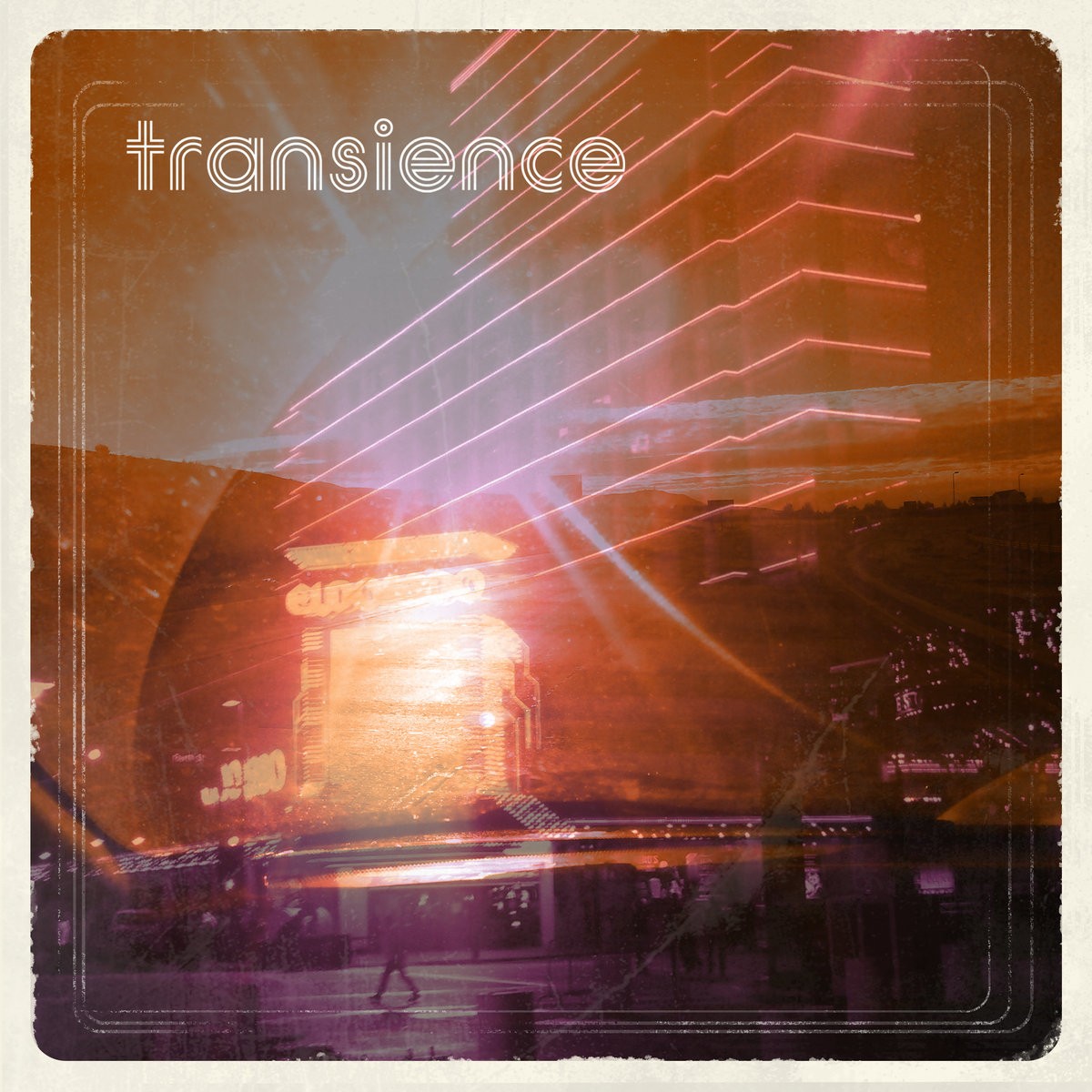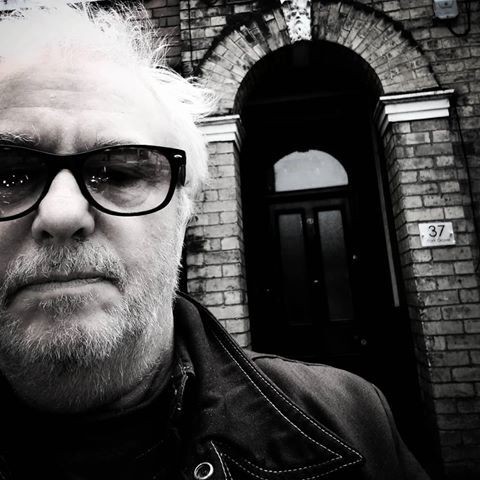Kona Strawberry Roll. It’s what a foodie’s dreams are made of.
It’s a sushi roll I had for the first time at Karen Carrier’s Dō Sushi Pop-Up, which she held two years ago. I can still taste this sweet-and-savory (my favorite) amazing concoction. I haven’t had one since.
The pop-up was held in Carrier’s Bar DKDC, which is at 964 Cooper Street next to her Beauty Shop Restaurant in Cooper-Young. She originally opened the space as Dō Sushi, a Japanese restaurant, in 2003.
Well, Carrier is doing another Dō Sushi Pop-Up from 4:30 p.m. until they run out of food Thursday, November 14th, at Bar DKDC.
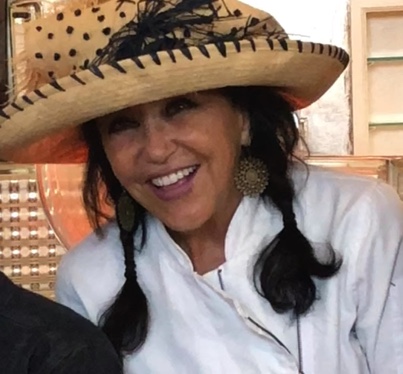
And, yes, they are going to include the Kona Strawberry Roll. It’s made of crab, masago, seared walu, strawberry, and a sweet soy reduction. “It’s so good,” Carrier says.
Sam Cicci, a former colleague, is also a fan of the roll. “Honestly, it’s probably one of the best rolls I’ve had,” he says. “I usually prefer a more savory roll, but the way the crab and walu play off that light layer of sweetness from fresh strawberry slices, it’s so easy to gobble the whole thing up immediately.”
The spicy seared scallop roll, another popular sushi roll that Carrier will bring back for the pop-up, is made of crab, avocado, masago, and sriracha aioli. “It’s got that wonderful, smoky grilled flavor.”
Seven sushi rolls will be a featured, as well as other items like nigiri and sashimi. They also will feature cooked items, including crispy duck spring rolls with shiitake mushrooms.
The Dō Sushi story is wonderfully quirky. “We opened Beauty Shop in 2002. And I had to take over the space next door,” Carrier says.

She turned that space into a general store, where they sold Vespas, Giraudon men’s and women’s Italian shoes from New York City, Amy Downs hats, Dinstuhl’s candies, assorted cheeses, coffees, refurbished bikes from the 1950s that were hung in the windows, and prepared food to-go from Carrier’s Another Roadside Attraction catering. “We were so ahead of our time. If it opened 10 years later we would have been packed.”
So, Carrier said, “I can’t do this. Retail is not for me. I need to have a bar.”.
Her chef, Eric Doran, said to her, ‘Why don’t we open a sushi bar? We don’t need a vent hood.’”
“I said, ‘Perfect.’”
That was in January 2003. Joining her were Mindy Son and Stacey Kiehl. Carrier and Doran came up with the ideas for the sushi and she and Kiehl made them. She hired Brett “Shaggy” Duffee to do the hot food, including all duck spring rolls, crispy dumplings, and all the tempura items.
“The sashimis, the raw fish, that was sort of my part. The sushi part I stayed out of.”
Carrier also served her mother’s matzoh ball soup, “Bobo’s Chicken Matzoh Ball Soup,” which was named one of the 10 best phos in the United States by Bon Appetit magazine, Carrier says. The soup is made with lokshen kugel. “I grew up with that stuff.”
About 10 years later, Carrier’s thoughts about selling sushi changed after she saw sushi being sold at the Exxon service station at Ridgeway Road and Poplar Avenue. “I said, ‘Oh, no, no, no, no.’ I came back to work at the Beauty Shop and I said, ‘I’m losing the bar.’”
There was just something about sushi being sold at a gas station that didn’t sit well with Carrier.
So, instead of the sushi bar, Carrier said, “I want a music club.”
She turned Dō Sushi into Bar DKDC, which is now a popular music venue. The name is an acronym for “Don’t know. Don’t care,” which was Carrier’s response when people asked her what she was going to call her new music club.
As most people know, Carrier can come up with a new idea and implement it at the drop of a hat. “I get bored.”
Also an artist, Carrier says her restaurants are “just art projects. They’re just paintings.”
And, she adds, “You’ve got to stay on the edge. You’ve got to stay current.”
Asked why it took two years to do another Dō Sushi Pop-Up, Carrier says, “Life happens. It just dawned on me, ‘Oh, man. I want some sushi.’”
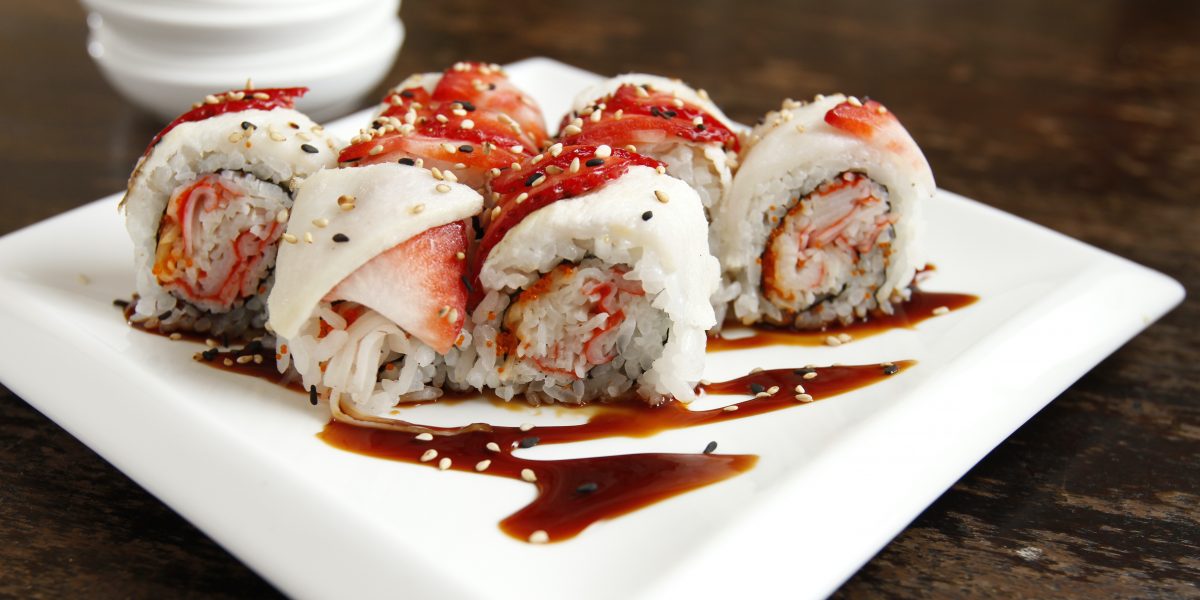


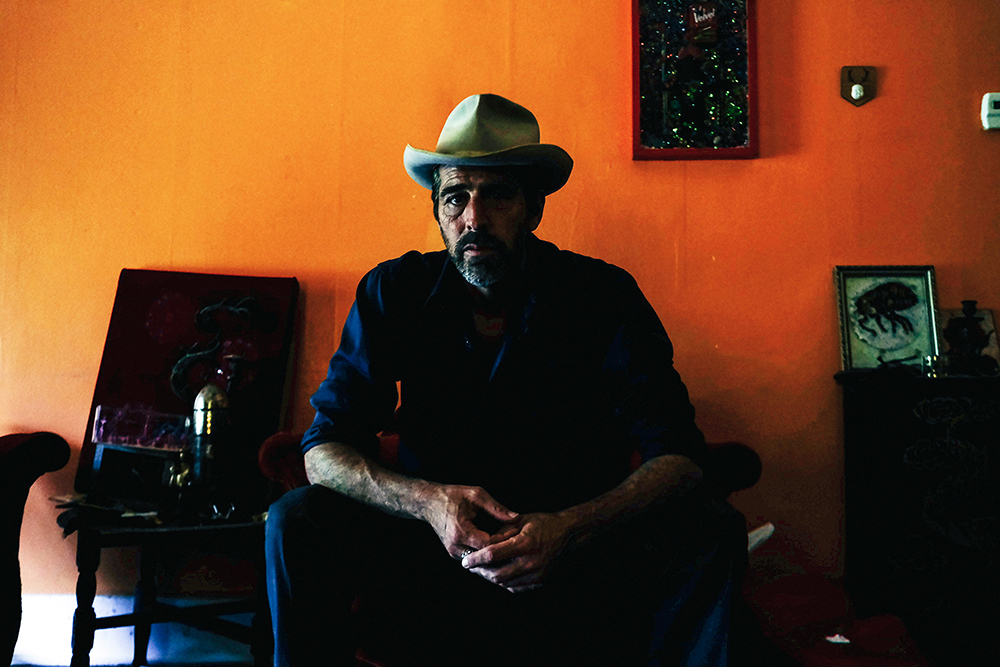
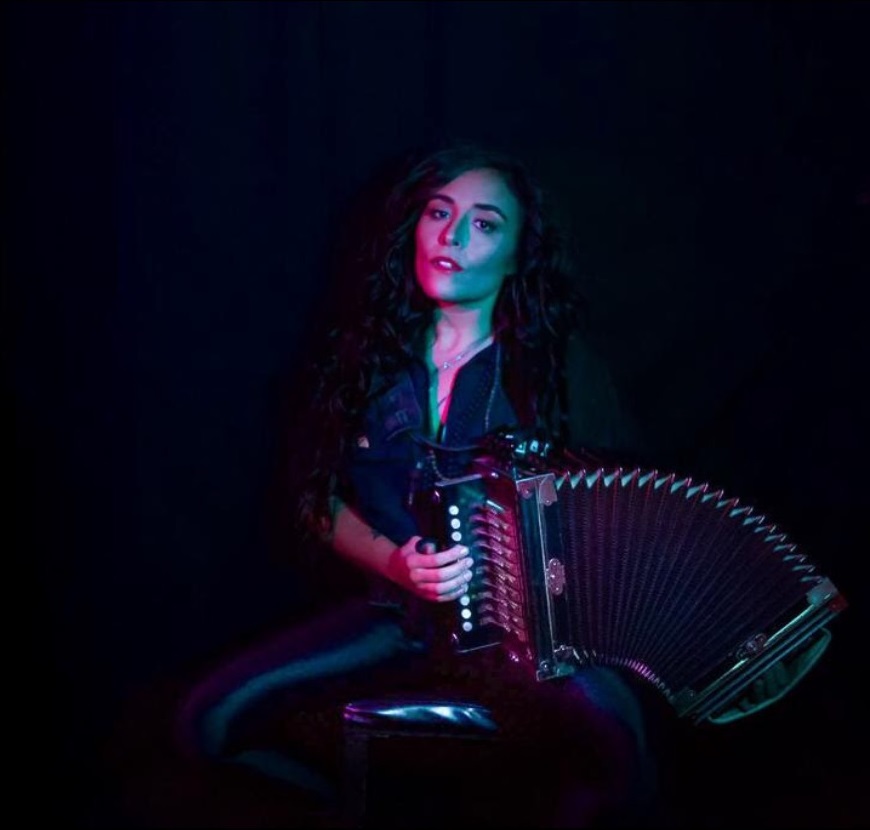


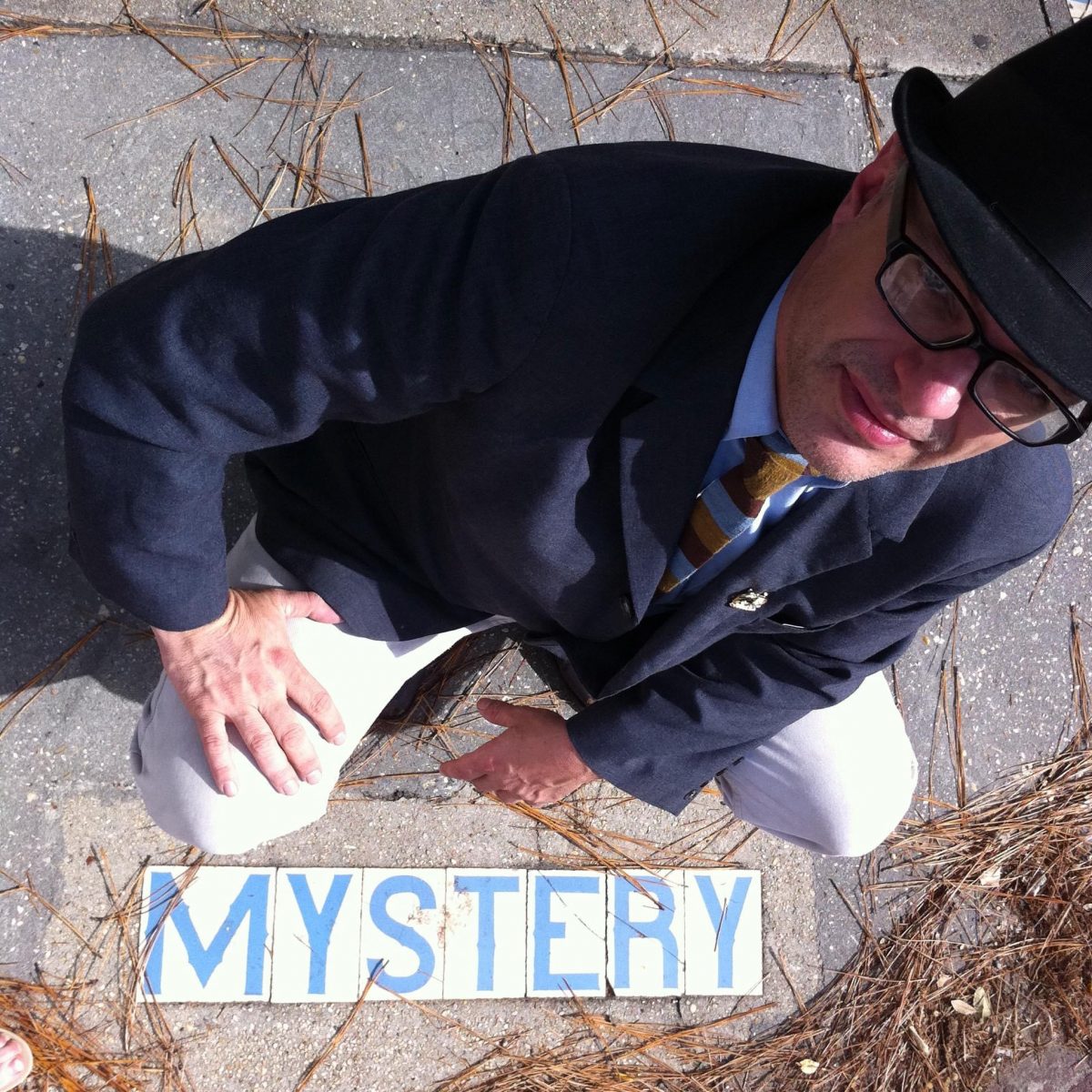
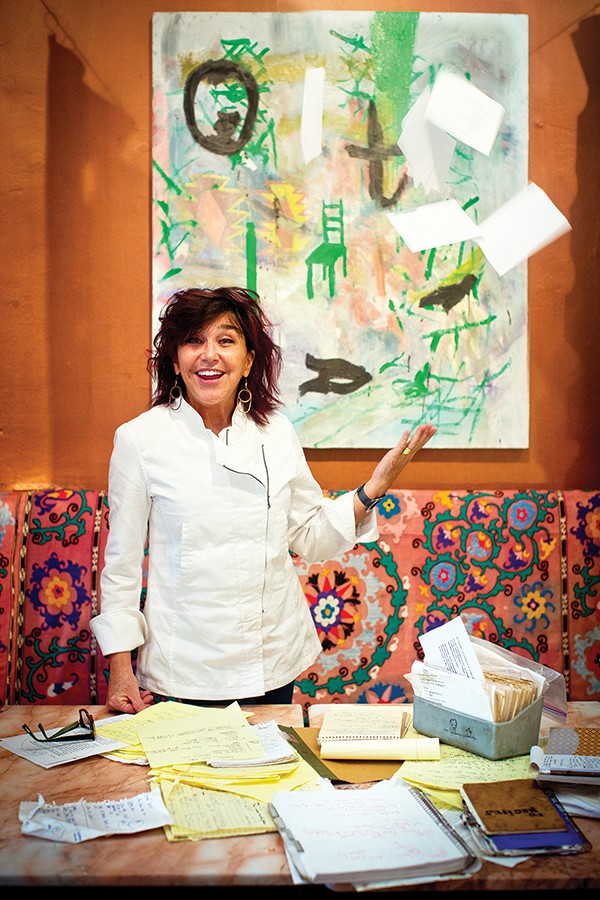
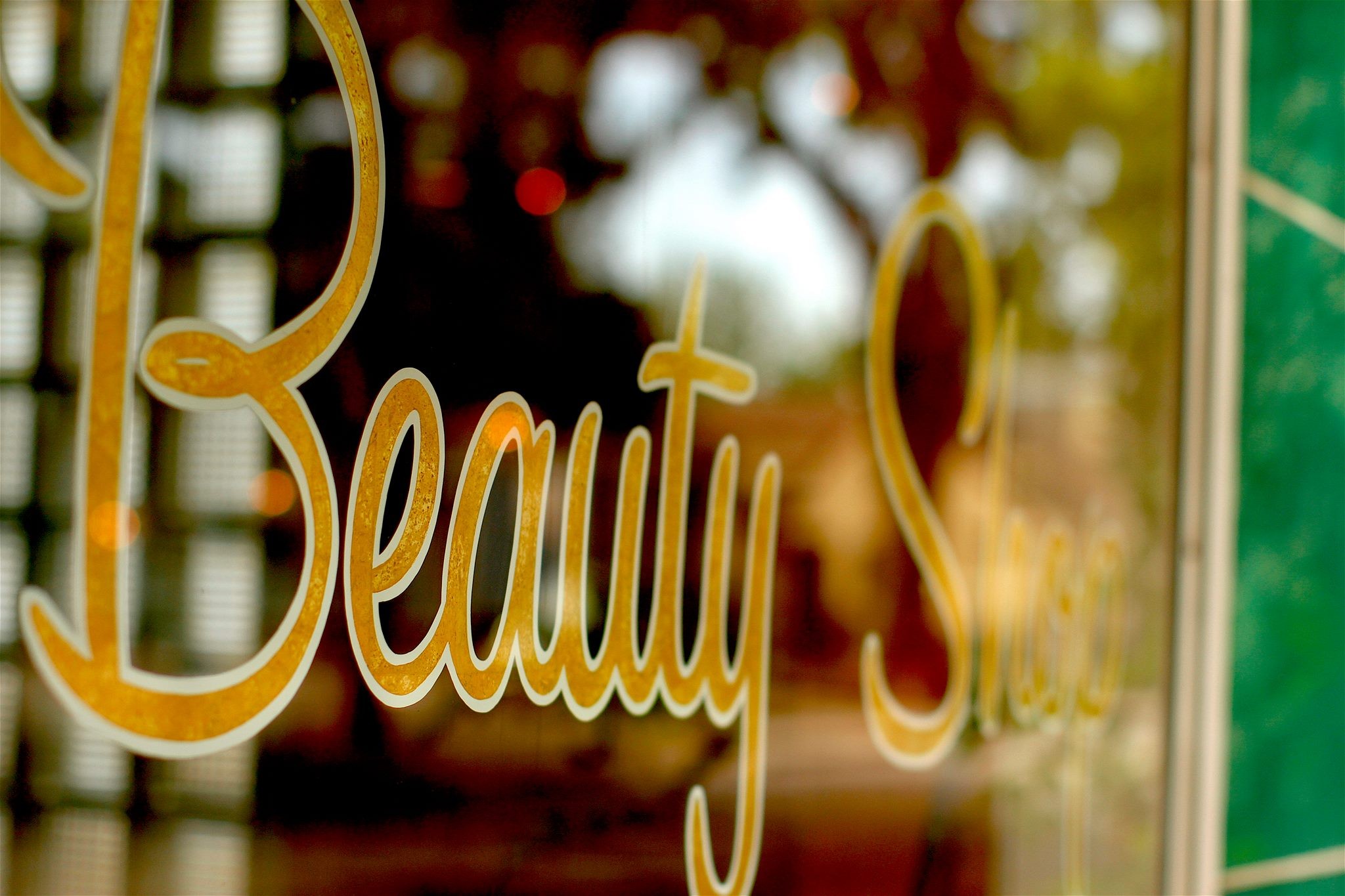 The Beauty Shop Restaurant/Facebook
The Beauty Shop Restaurant/Facebook 